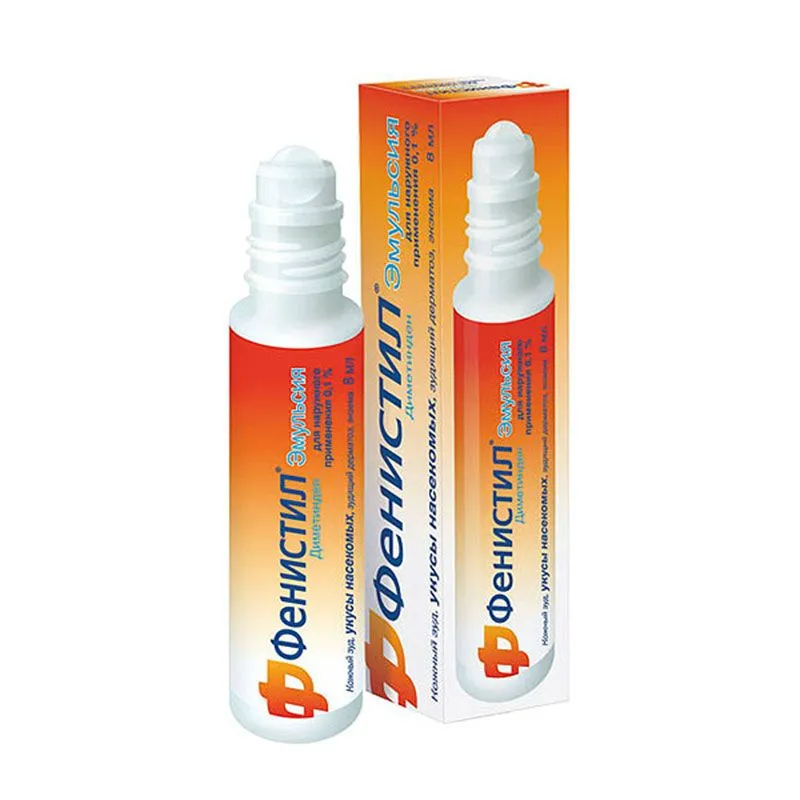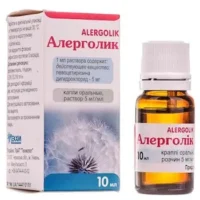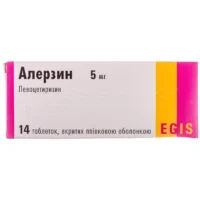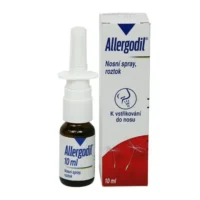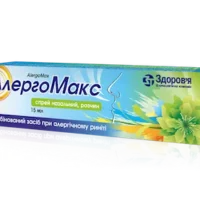Description
Fenistil Emulsion 0.1% 8 ml Vial
Ingredients:
Fenistil Emulsion contains 0.1% of the active ingredient Dimethindene Maleate along with other inactive ingredients.
Dosage:
For adults and children over 1 year old: Apply a thin layer of the emulsion to the affected skin area 2-4 times a day.
Indications:
Fenistil Emulsion is indicated for the relief of itching and skin irritation caused by various conditions such as insect bites, nettle rash, and allergic reactions.
Contraindications:
Do not use Fenistil Emulsion if you are allergic to any of the ingredients or if you have a known hypersensitivity to antihistamines.
Directions:
Apply a small amount of the emulsion to the affected area and gently massage until it is absorbed. Wash hands after each application. Avoid contact with eyes and mucous membranes.
Scientific Evidence:
Studies have shown that Dimethindene Maleate, the active ingredient in Fenistil Emulsion, effectively blocks histamine receptors, reducing itching and inflammation in the skin.
Additional Information:
Pharmacological Effects: Dimethindene Maleate acts as a potent histamine H1 receptor antagonist, preventing the action of histamine in the body. This results in reduced itching and inflammation at the site of application.
Clinical Trials: Clinical trials have demonstrated the efficacy of Fenistil Emulsion in providing rapid relief from itching and skin irritation compared to placebo. The emulsion’s quick absorption and long-lasting effects make it a preferred choice for managing various dermatological conditions.

